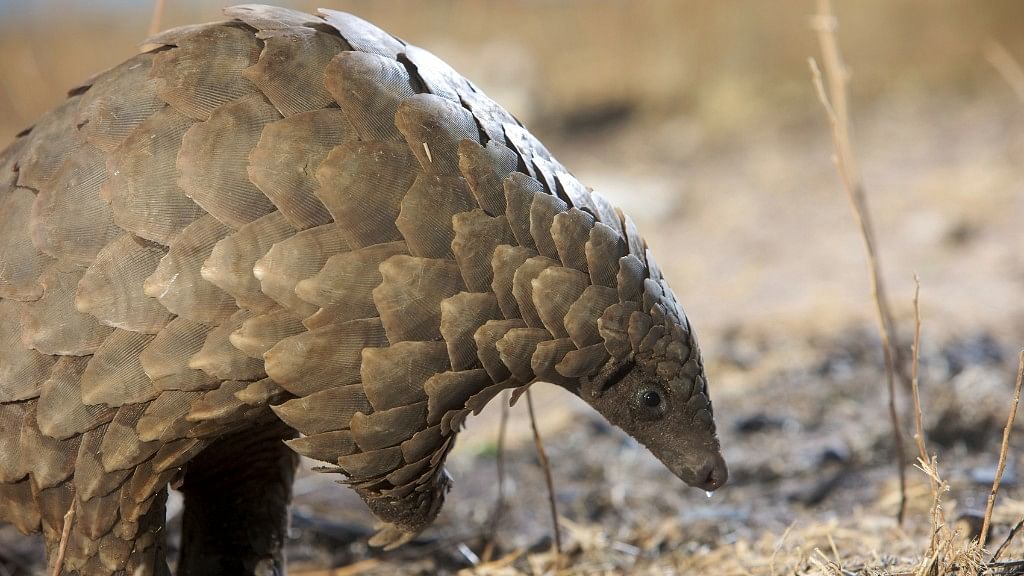EQ: Pangolins, Pikas, Paris Agreement and More
EQ: Your weekly environment quotient.

E-India
India deposited the Instrument of Ratification of the historic Paris climate deal to the United Nations on Sunday, becoming the 62nd country to join the Paris agreement on climate change.
The ratification by India, which has a population of over 1.2 billion, is expected to give momentum to the implementation of measures at the international level to control global warming.
Also read: Surprise! Modi Changes His Mind and Ratifies Climate Agreement
New species alert: A new species of pika, a member of the rabbit family that looks like a tailless rat, has been found in Sikkim.
E-Pollution
Delhi bans Chinese firecrackers: In an effort to cut down on pollution, the Delhi government has decided to crack down on the sale and use of Chinese firecrackers.
E-Waste
Reject the disposable coffee cup! Do you know that we throw away about 7 million of disposable coffee cups daily? An international NGO coalition has called for a change in our attitude and has highlighted the need to use reusable cups.
E-Renewable
Power from the sea: The government is mulling new tidal wave based energy plants. Initial reports suggest that the pilot project will be based in Goa.
E-Energy
Double or else: Scientists have called on nations to double their efforts to cut emissions since a failure to do so will ensure that the temperature rise will cross 2 degrees Celsius by 2050.
Also Read: Global Warming to Breach 2C Limit by 2050 Without Tougher Action
E-Law
Stop non-forest activities in the Mahabaleshwar-Panchgani eco-sensitive zones: In an effort to curb disruptive activities in the region, the NGT has put curbs on construction and non-forest activities in the area.
E-Stat
90%: The percentage of people globally who are breathing polluted air.
E-International
How effective is the global anti-trafficking regulator? A new article asks some hard questions about CITES – the planet’s premier anti-trafficking organisation and comes up with a few reasons why authorities are failing to curb the $23 billion annual illegal trade in plants and animals.
E- Nature
A ban on the pangolin trade: In a welcome move towards saving the world’s most trafficked mammal, the CITES conference decided to make it wholly illegal to trade in pangolins. Over a million pangolins have been killed in just the last decade.
E-Video
Did you know it was World Rivers Day on September 25th? Watch a great video marking the day here:
E-Quiz
Which iconic bird would you find in Nagaland’s Doyang reservoir? (a) Great Indian Bustard (b) Pink Flamingo (c) Amur Falcon (d) Black Necked Crane
Shalini Iyengar is an environmental lawyer and Faculty at Srishti Institute of Art, Design and Technology.
(At The Quint, we are answerable only to our audience. Play an active role in shaping our journalism by becoming a member. Because the truth is worth it.)